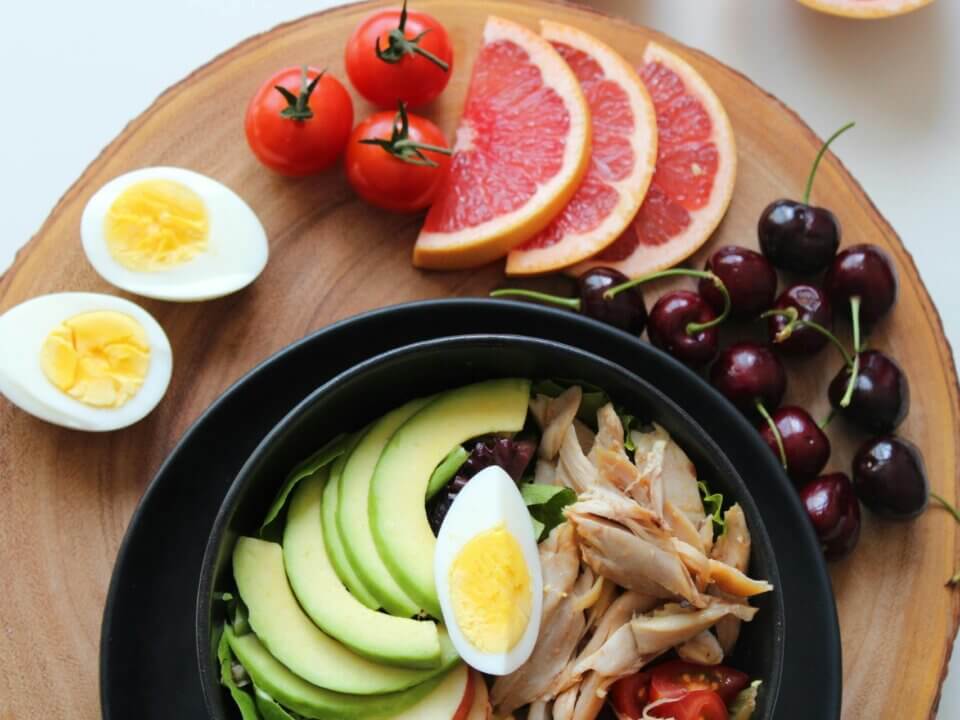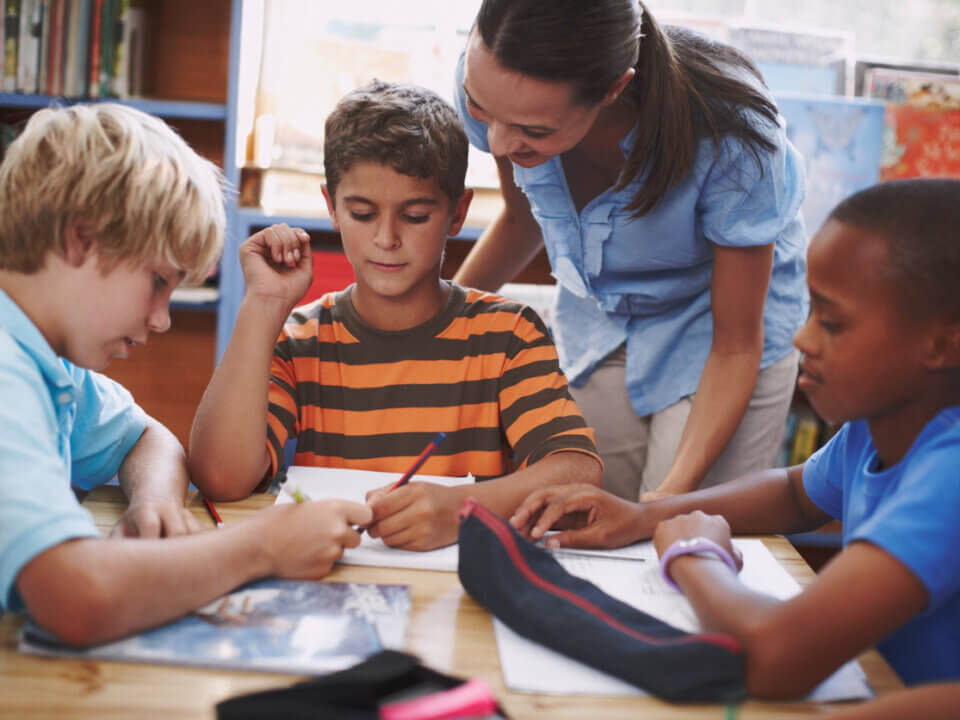How To Raise Kids the Minimalist Way
Published on 2 March 2018 by Edu Aid | For Parents

The pursuit of minimalism is a very intentional way of life, especially in Singapore where consumerism invades our culture in almost every way. The message we often receive from the society on a daily basis is consistently – “Get more! Why settle with less?” Such a message has become so deeply ingrained in every one of us that we sometimes confuse being contented with being lazy or stupid. In a place where the norm is to join in a senseless rat race, those who are out of the rat race can’t help but feel judged. Therefore, pursuing a lifestyle of minimalism here is far from effortless. It is counter-cultural and will be a daily struggle for every parent who wants to raise his child the minimalist way.
Why Pursue Minimalism
The pursuit of a minimalism lifestyle helps our children stay grounded, and this makes a solid foundation for their mental and emotional well being through the difficult stages of their life journey. When our children’s lives are rid of the unnecessary, they have fewer distractions. They can focus more on what is essential in life – relationships, love, family, proper meals, proper sleep and creativity. These essentials in life are the ones that facilitate emotional, mental and physical healing. Creativity is essential for all human beings. Humans are born to create. Some of us create music, some designs, and some recipes! Even for those stuck in careers that are boring, they take on hobbies that help them create new things. These hobbies keep them sane.
A child who has his life full of toys, activities and agendas is one who grows up highly distracted. He will have little respect or time for the essentials in life. He probably grows to not value the people around him as much. He doesn’t have time for them to begin with! When a crisis strikes his life, he crumbles because his life is built on weak foundations. His material possessions provide little healing for him. His activities and agendas burden him further. He likely will reach out to other ways of healing like retail therapy or addictions.
Purposeful Material Possessions
Many thoughts on Minimalism out there may point us to “Minimal Material Possessions”, but maybe a more accurate term would be “Purposeful Material Possessions”. It means to be more conscious before we make a purchase, of the reason of buying the item. It means not to fall prey to sales and promotions temptations, but to own an item because we need it. It also means not to carelessly buy toys for our children just to make them feel happy in that spur of moment, but because of the contribution this toy will make in the growth of the child. It means to be very conscious not to buy too many toys that have repetitive uses. For example, if your child already has a toy laptop that teaches phonics, he does not need another toy that has a similar learning outcome. In essence, it means being very selective of what you want to own.
Being selective of what we want to own also includes throwing or giving things away. If an item can still be useful to another child but your child has outgrown it, it has more value if given to another child rather than merely contributing to the clutter in your own home. Purposeful material possession requires frequent stock-take of what you own, deciding if you still need them, and removing the items you no longer need to use from your home either by throwing them away, selling or giving away.
Purposeful material possessions does not equate to a toys-free home. It is, however, a home that is not full of toys. A home that adopts a minimalism lifestyle should ideally be clutter-free and clean. Such an environment creates a sense of peace and control in a child. A place full of clutter adds stress to those living in it.
Mindfully Selected Activities
When we adopt a minimalism lifestyle, it does not mean we start to live like a monk and meditate all day at home. We can still have activities in our lives. Some of our children have tuition classes, and some have other activities like ballet or piano classes after school hours. Having these activities may not always contradict a minimalism lifestyle. A minimalist parent, however, is very mindful of the kinds of activities to engage the child in. The parent does not sign the child up for everything that comes his way. In this day and age, there are too many enrichment classes out there, we don’t even know which ones really work for our children. A minimalist parent is very careful to select what the child really needs, instead of joining to crowd to sign up for anything that comes along. A minimalist parent also is mindful not to line up the child’s life with activities, but just allow the child to take on activities that are absolutely necessary.
Detoxing the Mind – Minimal Noise
Every one of us needs downtime, including our children. We need to detox our mind. To some, it’s a familiar term called “to space out”. To others, it’s a quiet time of reflections. We all need some quiet spaces in our lives to just do nothing and allow our minds to clean out whatever is toxic, and rest. These moments are healing, and many times also eureka moments! It is usually at quiet moments when a brilliant idea hits us, or we get inspired by a new revelation. Sometimes, we have such moments while jogging or taking a slow walk. Other times, we could be just lazing around on the couch. Many parents get upset when they see their children doing nothing. However, a minimalist parent understands that downtime is necessary for a child’s growth. A minimalist parent will create pockets of downtime for the child. Sometimes, it can just be sitting at the swing enjoying a quiet evening, talking about nothing important. Just relaxing.
Many teenagers would testify that their parents often get frustrated when they refused to talk. Parents feel that their children are not communicating. However, this may simply be because their children are at an age when they face overwhelming growing-up issues, and need much more downtime than before. A minimalist parent will provide more space for the child instead of forcing the child to communicate or respond. The parent can suggest a trip to the beach to just enjoy the sea breeze in silence with the child, instead of adding stress to the child by interrogating him every time they see each other.
A minimalist parent knows not to nag at a child too much, so that when he finally says something the child recognizes it as really important and listens. When a parent makes too much noise, ironically the child ignores everything he says eventually. A minimalist parent listens more than he talks. He creates a quiet and peaceful home environment for the child. Unnecessary noise and conflicts in the home clutters the mind and contradicts a minimalism lifestyle.
Conclusion
There are many misperceptions that a minimalism lifestyle equates to a frugal lifestyle. This is far from the truth. The ideology of Minimalism is bigger than just saving money, although adopting such a lifestyle can potentially save you some money. Minimalism is also more than a control over our material possessions, although it ultimately motivates us to live lives not controlled by our greed for more. At its core, Minimalism is about simplicity, getting to the essence of what life is all about. A minimalist parent looks at every aspects of his child’s life with such a lens and makes it his goal to help his child fully savor the very essence of life – relationships, love, family, proper meals, proper sleep and creativity.
A child brought up with thoughtful minimalism benefits a long way in his life. His character, temperament, and beliefs will all be shaped by his upbringing. If you can make a conscious effort to bring your child up with purposeful material possessions, mindfully selected activities and minimal noise to provide a conducive space for your child to detox his mind frequently, you will very likely see your child become a calmer and more grounded person.





